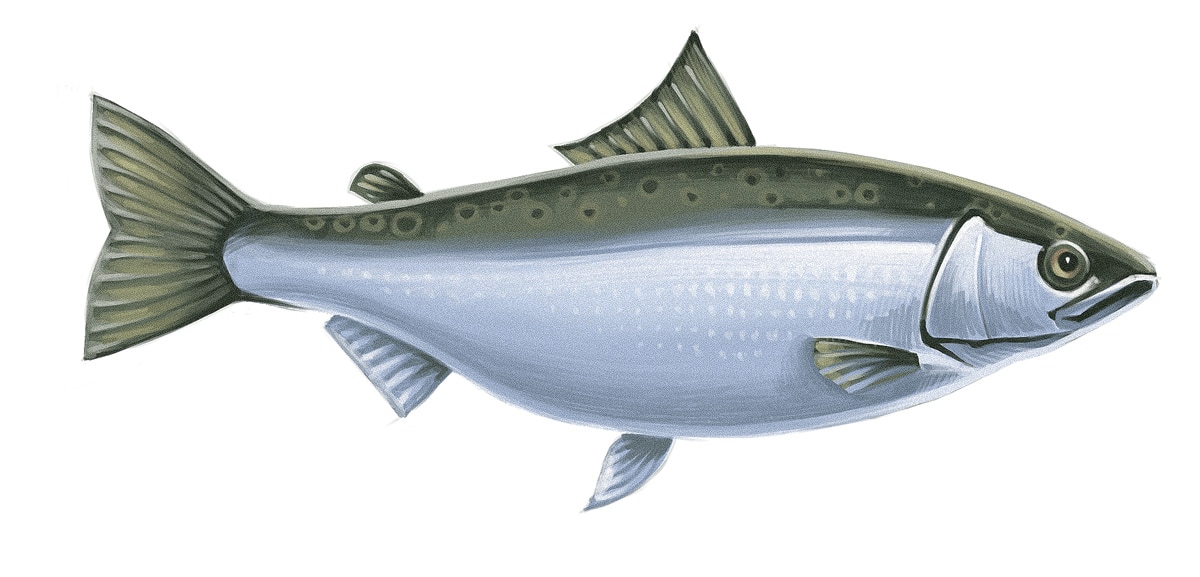Chronic Fatigue Syndrome (CFS for short) is a life-changing chronic disease with no known cause and no known cure. The best-known symptom is constant fatigue that gets worse after doing anything, but doesn’t get better after resting. People with CFS often have unrefreshing sleep or struggle to fall asleep at all, even though they’re exhausted. Other symptoms include muscle or joint pain, headaches, and impaired memory or concentration.
CFS is incredibly hard to diagnose because the symptoms can also be symptoms of so many other things. It’s usually diagnosed by exclusion: if you don’t have a huge list of other diseases and you fit the CFS criteria, that’s (presumably) what you have.
Treating CFS is incredibly challenging, and it seems like almost everything has been tried at one point or another: antidepressants, cognitive behavioral therapy, light boxes, you name it. But here’s a look at some recent studies exploring a potential link between diet and CFS.
Chronic Fatigue and Diet
Nobody can find one “cause” of CFS in the same way that there’s one “cause” of Chickenpox or strep throat. But there still are several suspected triggers, including…
- Nutrient deficiencies.
- Acute stress (mental or physical).
- Infections and immune disorders (specifically, CFS often seems to show up immediately following an infection, such as mononucleosis or Lyme disease).
- Gut health and gut dysfunction.
...and all of those potential triggers should sound familiar as problems that can be affected in various ways by diet and lifestyle.
Nutrients and Nutrient Deficiencies
Nutrient deficiency is probably the most obvious way that diet can modify any kind of disease. Specifically, for CFS:
- Vitamin D levels are lower than they are in the general population (although this could also be reverse causation: people don’t get CFS because Vitamin D levels are low; their Vitamin D levels are low because they have CFS and tend to stay inside most of the time)
- Coenzyme Q10 (CoQ10) levels are also lower in people with CFS, and there’s evidence that it may be causative. This study found that 69% of subjects who tried CoQ10 found it helpful.
- Magnesium is another nutrient of interest. For example, this review found that magnesium supplementation was one of the complementary and alternative therapies with the strongest supporting evidence.
From a dietary perspective, here’s how you could get more of those nutrients…
- Vitamin D: wild-caught cold-water fish, time in the sun, or a supplement if you can’t get outside.
- CoQ10: meat, organ meats, particularly heart, fish, and a little bit in vegetables.
- Magnesium: nuts, spinach, avocado, most meat and fish.

Mental or Physiological Stress
Stress also has a lot to do with diet and lifestyle. Even though we typically think of “stress” as emotional or psychological stress, food can absolutely contribute. Eating gut-irritating foods, or foods that you’re personally intolerant to, is a physiological stressor. Omega-6 overload or a diet high in sugar can be an inflammatory stressor. And restricting fat, carbs, or calories counts as “stress,” too!
This suggests that eating a low-stress diet might be helpful for CFS. Think anti-inflammatory foods, antioxidants, avoiding gut irritants, balancing Omega-6 and Omega-3 fats, and getting enough carbs, fat, and calories.
Infections, Immunity, and Autoimmunity
Then there’s the question of infections and the immune system. There’s mounting evidence that CFS has an autoimmune component. This is backed up by the fact that CFS is extremely common in people with Type 1 diabetes (an autoimmune disease), but it doesn’t seem to be explained by blood sugar, and it’s not so closely connected with Type 2.
Autoimmune diseases are definitely influenced by diet, so the autoimmune connection to CFS raises the possibility that an autoimmune diet might be an option to explore.
Gut Health
Finally, there’s some interesting research connecting fatigue symptoms to overall gut health. In this study, for example, the researchers concluded that “the comorbid triad of IBS, chronic fatigue, and musculoskeletal pain is striking and may point to a common underlying cause.” CFS also has significant overlap with depression and other psychiatric disorders, and considering that gut health is such a critical driver of brain health, the CFS-depression link is more evidence that some kind of gut problems may be involved.
Since diet is so important in maintaining good gut health, this suggests that dietary therapies to improve gut function, like eating probiotic foods, might be part of a strategy for managing CFS.
Diet and CFS: What's the Evidence that it Actually Helps?
The research above implies that the ideal diet for managing CFS would be…
- High in important nutrients, especially magnesium, CoQ10, and Vitamin D.
- Anti-inflammatory and low in potential stressors.
- Designed to support good gut health and heal any problems that might exist.
- Potentially some kind of autoimmune-specific protocol.
- Not just a diet, but also a lifestyle including plenty of sleep and stress management.
So has any of this actually been tested? Actually, yes!
In this study, researchers found that all of their patients with CFS had problems with the mitochondria (these are the structures inside cells that provide energy to the cells). The researchers told 34 CFS patients to eat a diet that was essentially Paleo (which they entertainingly refer to as an “evolutionarily correct stone-age diet”). The patients were also instructed to take some basic supplements, get enough sleep, and manage their stress.
A Paleo diet would naturally be high in all the nutrients mentioned above, anti-inflammatory, and gut-healing, even if it wasn’t specifically designed as an autoimmune protocol. Combined with the sleep and stress management, it basically hit all the important points. And just as you’d expect, all the patients who complied with the treatment protocol improved.
There’s also some evidence that dietary antioxidants (which reduce oxidative stress and help fight inflammation) are helpful. This study, for example, found that chocolate rich in antioxidants helped improve chronic fatigue symptoms, but low-polyphenol chocolate didn’t.

In other words, there is some evidence that Paleo-style dietary strategies can be one way to approach managing CFS.
Keeping it All in Perspective
With every article discussing something like “Paleo and chronic fatigue” there’s the temptation to fall into the “miracle cure” trap. But if there is a “miracle cure” for CFS (unlikely), then we certainly haven’t discovered it yet, and at any rate, food isn’t it. CFS is a complex disease and eating more salmon or less sugar is not the "magic bullet" that will instantly erase such a complicated web of problems.
What food might be able to do is to help alleviate some of the stress, inflammation, and immune issues that precipitate CFS in the first place, or possibly help address those issues in people who already have CFS and are trying to manage symptoms so they can have a normal life. The human studies are still thin on the ground, but they do provide some evidence that a Paleo-style diet can help manage CFS if it’s used prudently and in conjunction with treatment from an actual doctor.





Leave a Reply